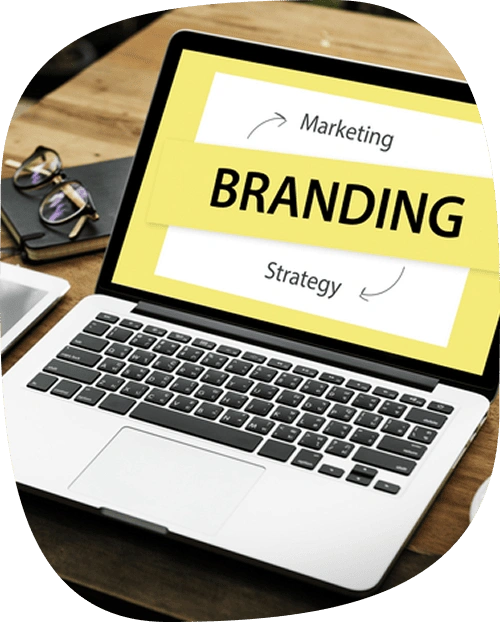Learn how to build a personal brand for job seekers in 2025. Get professional branding tips, online reputation strategies & social media examples.
In the digital age, simply applying for jobs on LinkedIn or Naukri isn’t enough; you need to stand out from the crowd. As of 2024, LinkedIn had over one billion users. However, only 3 million users actively engaged with their network and shared content on the platform. As the job market becomes more competitive, recruiters receive more than 250 applications for each opening. The odds of landing an interview are getting smaller. This is where personal branding for job seekers can make a difference.
It speaks for your skills, talents, and expertise while building trust with the people in your network. A personal brand helps you stay visible in a sea of candidates. If you can build a positive impression through your online presence, the chances of getting an interview and a dream job increase dramatically.
Professional branding is not just limited to a cool tagline or profile banner, though. It needs to be aligned with who you are as a professional. In other words, you need to be authentic and relatable to make the desired impact.
Wondering how to build a personal brand that really works? In this comprehensive guide, we bring you the answers.
We’ll discuss:
- What is personal branding?
- Why online reputation management is important?
- How to use social media for personal branding?
- Professional branding tips
You’ll find a complete roadmap for creating a personal brand from scratch, along with practical examples and case studies for inspiration.
What is Personal Branding?
Personal branding is like branding any product or service—it involves highlighting features, benefits, and sharing experiences. Except, in this case, the product is YOU. Personal branding is about building a compelling narrative—a story that others can connect with—around your skills and experience. Unlike a CV or resume, a personal brand provides context around your career goals, without the typical limitations of structure, format, or number of pages.
In this way, it sets the stage for recruiters to engage with you and makes you more memorable than other candidates. Moreover, it works for you 24×7, even when you are on vacation. With a clearly defined personal branding strategy, you can actively shape how others see you.

What are the Seven Critical Pillars of Your Personal Brand?
Your personal brand is a reflection of who you are. So you need to be intentional about what you say. Here are seven key aspects that define your personal brand.
Why Online Reputation Management is Important?
The real test of your personal branding lies in how you deal with online criticism or trolling. Arguing or pushing back can create a negative impression on recruiters. The key is to see criticism as feedback and tackle it with professionalism. You may eventually be able to convert haters into supporters, leading to job opportunities opening up over a period of time.
To protect your online reputation:
- Respond to a negative comment, acknowledge the concerns behind it and ask for specific details.
- Use a social listening tool to track page comments and mentions.
- Follow-up with a resolution—either on the same post or reach out offline.

How to Build a Profitable Personal Brand?
To get the most out of your personal brand, you need a step-by-step strategy as follows:

Take Your Career to the Next Level With GroYouth
An engaging personal brand can get you noticed by recruiters more often. However, not all openings may be the right fit for your career goals and aspirations. In such situations, having an alternate option can help. GroYouth is a new-generation talent marketplace that uses cutting-edge AI to match you with the right opportunity. We use a combination of personality and skills assessments to identify your ideal career path.
Then, GroYouth’s AI provides personalized job recommendations that suit your interests and preferences. Whether you are a full-time employee, contract worker or independent consultant/freelancer, GroYouth provides you with the power of choice. Make confident career choices with GroYouth.


